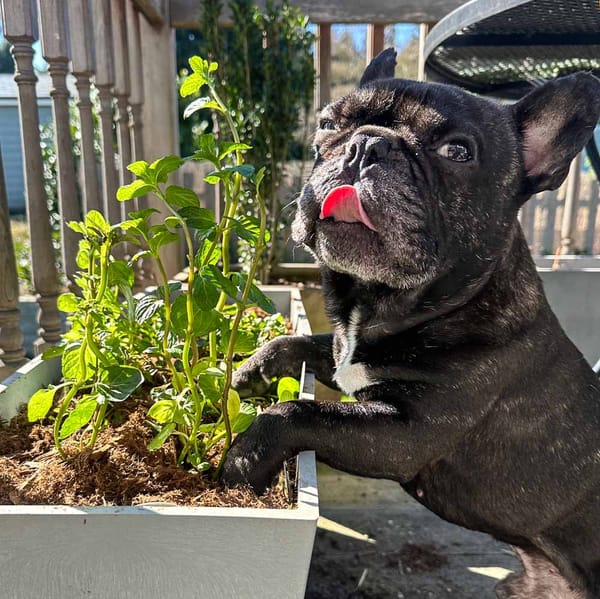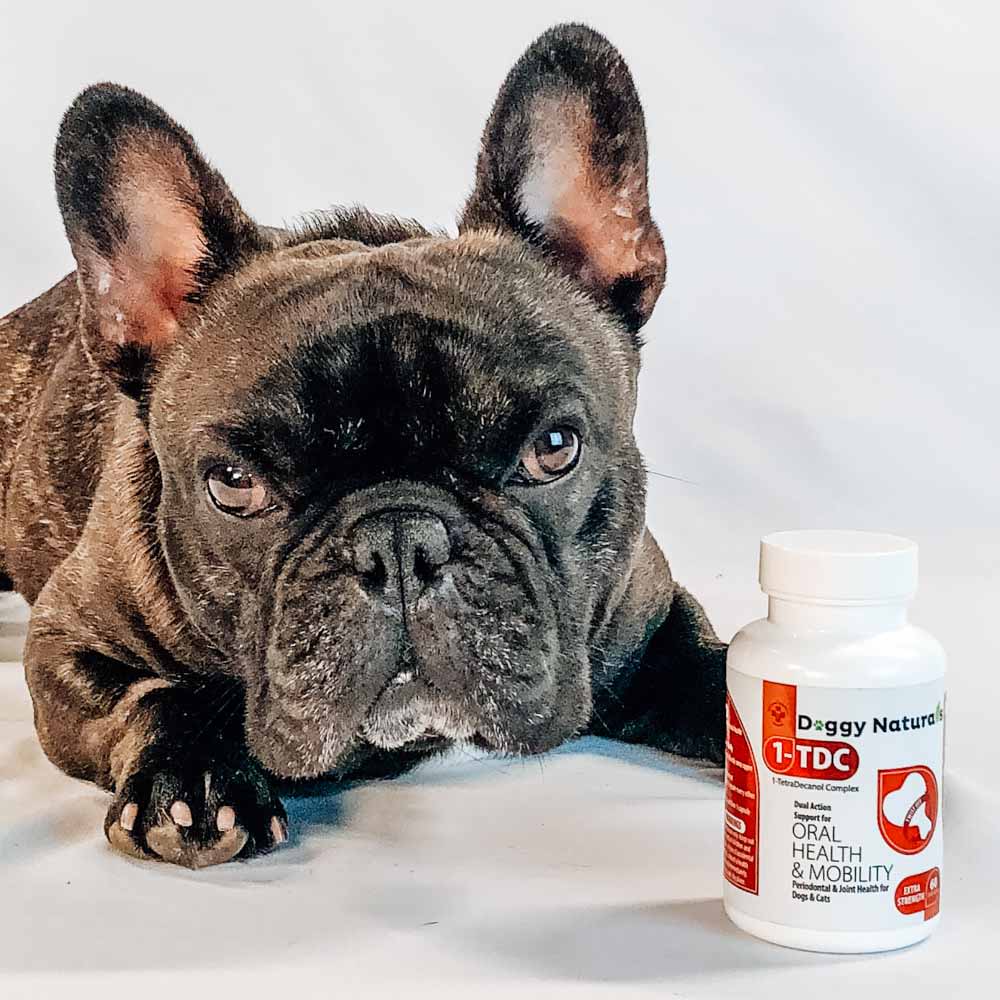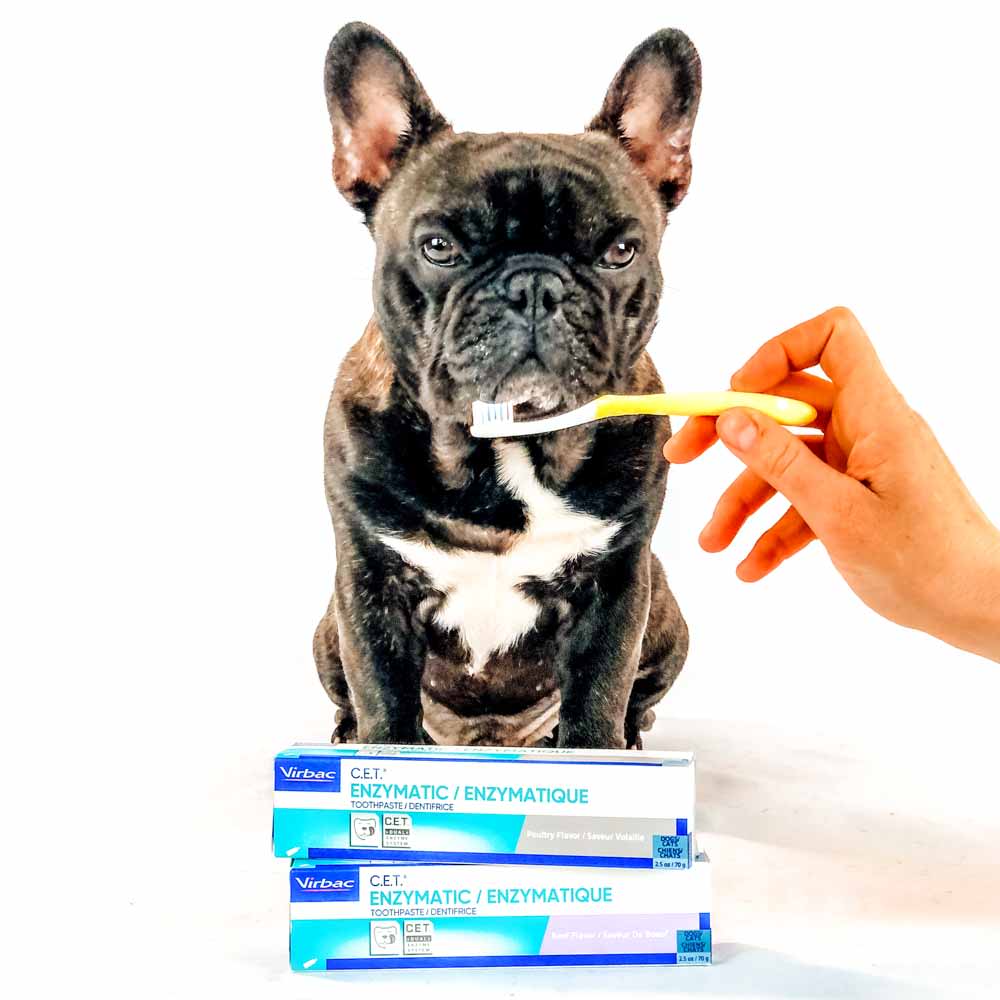Why Is Too Much Phosphate Bad For Dogs?
When it comes to giving my dogs supplements, I like to think I know what I am doing. I research the brand. Are the supplements quality-tested? Are the ingredients high-quality? If it meets all these requirements, it must be good. Right?
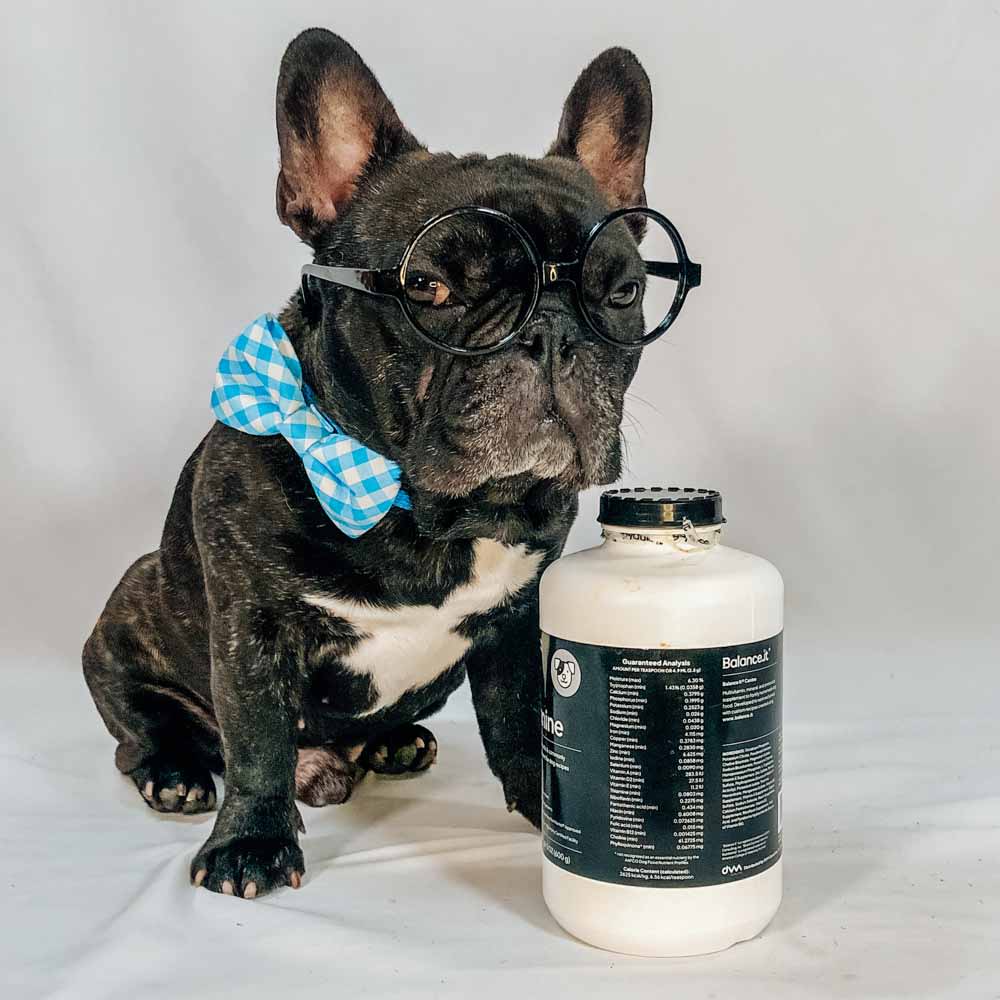
Phosphate and calcium are the most abundant minerals found in the body. Both found in food and many supplements, phosphate is necessary in the body for many roles. It's found in bone, teeth, RNA, DNA, and cell membranes.
Phosphate is needed for:
- Maintenance of normal pH
- Activation of enzymes
- Regulation of gene transcription
- Energy storage
Phosphate levels are regulated by the intestines, kidneys, and bones. Maintaining adequate phosphate levels is performed by urinary excretion and reabsorption by bone. When kidney function declines, the kidneys cannot excrete phosphate. This causes phosphate levels to rise.
Consuming high amounts of phosphate increases the need for more calcium. This balance is necessary for maintaining healthy bone density and prevention of osteoporosis.
When there is more phosphate than calcium in the body, the body uses calcium stored in bones. If this imbalance continues over time, it can lead to bone issues, like osteoporosis. This is why it’s so important to balance phosphate with calcium intake.
Foods rich in phosphate include:
- Dairy products
- Meats, like poultry
- Fish
- Eggs
- Nuts
- Legumes
- Vegetables
- Grains
It’s safe to say that most healthy dogs can metabolize phosphate found in foods and supplements. But when there is over-supplemention with phosphate, that is when problems arise.
If your dog is eating a healthy diet, it’s very unlikely your dog will have low phosphate levels. Most manufactured food is enriched with added vitamins and supplements.
If adding additional supplements to your dog’s food, it’s possible your dog is getting more phosphate than needed. High phosphate levels are also known as hyperphosphatemia.
Signs of hyperphosphatemia include:
- Excessive urination
- Excessive thirst
- Muscle cramps
- Rash
- Dry, itchy skin
- Weak bones
- Irritability
- Calcium deposits in eyes, lungs, heart, and blood vessels
If your dog has bad kidneys, restrict foods high in phosphate. Changing to a low phosphorus food can reduce stress to the kidneys and slow further damage.
Since phosphate is an essential mineral, it's contained in many vitamin supplements. If your dog is experiencing high phosphate levels due to vitamins, stop over-supplementing. This requires vet supervision. Blood work (labs) will be monitored and repeated to track your dog's health.
After determining my dog’s are suffering mild kidney disease, I began looking at their diets.
Both dogs get a fresh diet full of protein, fruits, and vegetables. Their meals are supplemented with a store-bought supplement. But when reviewing the supplement bottle, the first ingredient listed is phosphate. It's very likely that my dogs are getting over-supplemented with phosphate.
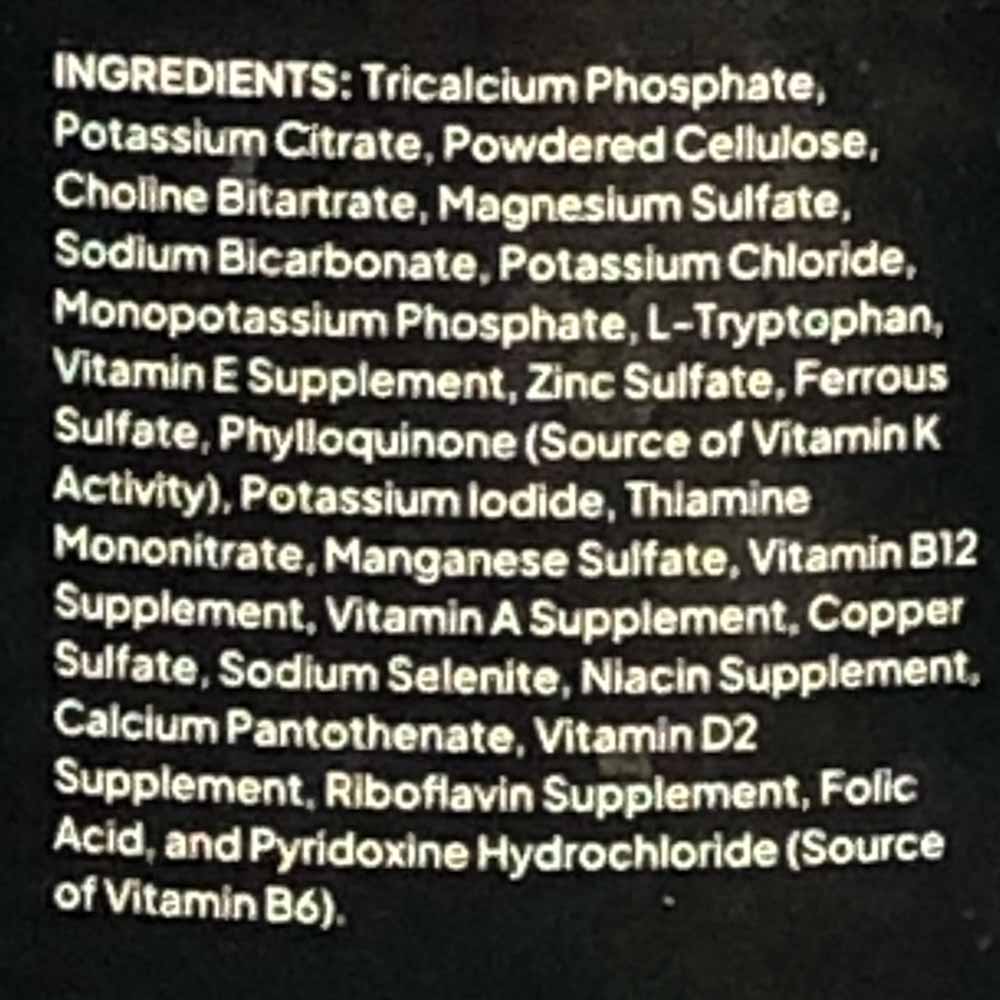
For the past year, my one dog has been experiencing excessive urination, itchiness, and calcium deposits in his eye. While I brought up all these concerns to the vet for the past year, no one had any answers. But now we know what the culprit is. Phosphate.
Make sure to do your research when giving vitamins and supplements to your dog. If your dog is eating a healthy diet full of protein, fruits, and vegetables, it’s unlikely you need extra supplementation. But when in doubt, make sure to talk with your vet.
Subscribe to our weekly blog by submitting your information in the box below.


